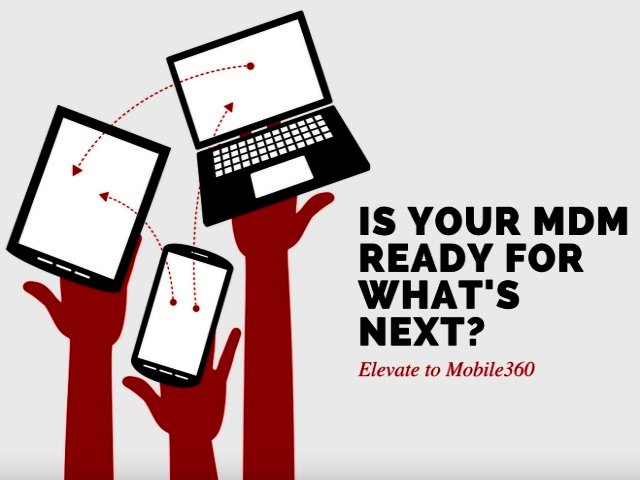The accelerating trend towards bring your own device (BYOD) and bring your own application (BYOA) continue to challenge African CIOs, as the perimeter is no longer the mature and robust firewall or the enterprise facilities. In the modern workplace the perimeter has shifted beyond the traditional firewall of the enterprise to the mobile devices.
That’s according to Charl van Niekerk, CEO at Thuthukani Technology Solutions, who says that managing a sprawl of mobile devices and applications is proving to be expensive and complicated due to diversity and flexibility demanded by the modern workforce. Many CIOs are concerned about the productivity and security risks that mobile devices and consumer applications bring into their IT environments and ultimately the business.
The environment is getting more complex and risk-prone all the time, due to the proliferation of smartphones and mobile apps. This often makes it difficult for CIOs to come up with an effective response to manage and secure the enterprise without infringing the privacy of the individual on the device, he added, ensuring the adoption and acceptance of MDM by employees.
Research from the Ponemon Institute that spans countries in North America and Europe recently found that 38% of companies allow employees to share or collaborate on documents on employee’s personally owned mobile devices (BYOD). In many of those that don’t allow employees to do so, end-users probably find ways to work around the corporate policy, says van Niekerk.
As such, enterprises need a wider concept of enterprise mobility management that also encompasses the management of mobile content, identity, expenses and applications, and allows them to manage notebooks and laptops alongside tablets and smartphones. These more sophisticated EMM solutions are maturing rapidly and becoming ever simpler and more affordable to deploy, notes van Niekerk.
A 360-degree view of the mobile environment
This is a gap Thuthukani hopes to address with Mobile360. It is locally based in South Africa and sold as a Software-as-a-Service (SaaS), Hosted, or Managed Service. An on-premise option is also available. The solution provides for complete freedom of choice in terms of deployment model, fulfillment and size - accommodating from the individual though SMB to Large Enterprise. Convenience, Scalability and Security is the foundation of the solution.
Mobile360 provides customers with a tailored MDM solution, fully managed within the local compliancy and regulatory requirements of South Africa, eg Protection of Personal Information Act (POPI).
“For us, it’s not just about the product,” says van Niekerk. “In our experience, many of the most significant mobile and management security challenges are around end-user behaviour and policy enforcement. We address those issues with a complete set of consulting services, industry customized solution for Finance/Insurance, Healthcare, Education, and training for administrators of Mobile360. We do not just provide you a piece of software,” he adds.
According to van Niekerk says that EMM isn’t just about simplifying IT administration, tightening security, and addressing compliance - it is about enabling the workforce with the right apps and user experience. It is also about deploying mobile business processes and ensuring a return on investment from enterprise mobility.
The Mobile360 platform spans a full range of functionality to help companies bring discipline to bring or choose your own device environments while empowering users with everything they need to do their jobs. Specific features include:
-
Mobile Device Management for all smartphone, tablet and laptop operating systems - This gives enterprises visibility into devices, security and the network.
-
Mobile expense management, enabling better control over data and voice roaming costs.
-
Mobile Application Management, for easy deployment of corporate apps, administration of volume purchase programmes, and for managing which apps users may install.
-
Secure productivity, enabling secure email and web browsing.
-
Application security - Preventing access to corporate resources from compromised devices and enforcing authentication requirements and restrictions on copying and pasting of company data.
- Mobile Content Management - Ensuring users can’t leak restricted corporate documents via mobile devices.





